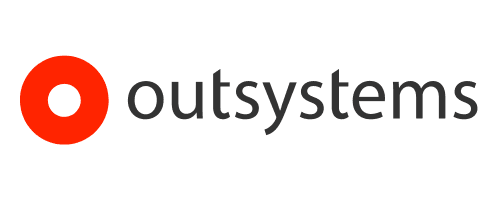Software Feature
HIPAA Compliant

HIPAA Compliance in Software: Ensuring Data Security and Privacy
HIPAA (Health Insurance Portability and Accountability Act) compliance refers to the adherence of software applications or platforms to the standards and regulations outlined in the HIPAA legislation. When software is HIPAA compliant, it meets the requirements to protect the security and privacy of sensitive healthcare information. HIPAA compliance is crucial for software applications that handle protected health information (PHI) to ensure patient data’s confidentiality, integrity, and availability.
Safeguarding Protected Health Information (PHI)
HIPAA-compliant software safeguards protected health information (PHI) stored, transmitted, or processed within the application. It employs robust security measures, such as encryption, access controls, and audit trails, to protect the confidentiality and integrity of patient data. Compliance includes regular security assessments and risk management practices to identify and address potential vulnerabilities.
Maintaining Privacy and Consent
HIPAA compliance requires software applications to maintain privacy and obtain appropriate patient consent for handling their health information. It includes implementing policies and procedures for obtaining patient consent, granting access privileges, and restricting unauthorized disclosure of PHI. Software must provide mechanisms for patients to control their information and ensure that only authorized individuals can access sensitive healthcare data.
Enforcing Data Security and Accountability
HIPAA-compliant software enforces data security and accountability by implementing strict controls and protocols. It includes measures such as user authentication, secure data transmission, and secure storage of PHI. The software also maintains audit logs to track access, modifications, and disclosures of patient information, enabling accountability and ensuring compliance with HIPAA regulations.



